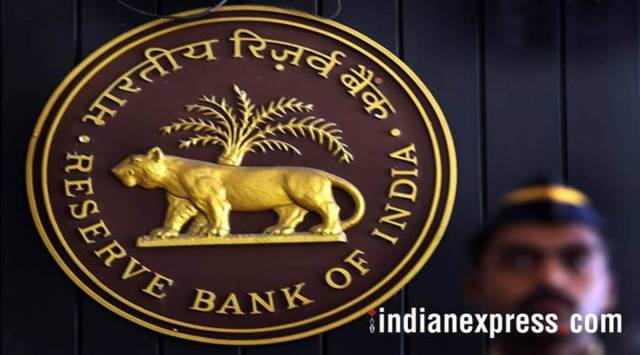100-bp repo hike needed ‘very soon’: MPC member Jayanth Varma
As per RBI Governor Shaktikanta Das, the worsening outlook of inflation warrants timely action to forestall second round effects which could lead to unanchoring of inflation expectations.
 As per RBI Governor Shaktikanta Das, the worsening outlook of inflation warrants timely action to forestall second round effects which could lead to unanchoring of inflation expectations.
As per RBI Governor Shaktikanta Das, the worsening outlook of inflation warrants timely action to forestall second round effects which could lead to unanchoring of inflation expectations.Reserve Bank of India (RBI) Monetary Policy Committee (MPC) Member Jayanth Varma has said 100 basis points (bps) of rate increase needs to be “carried out very soon” as the rate-setting panel “delayed normalisation by continuing the forward guidance for far too long after the pandemic abated”. “This means that it is now imperative to front-load the rate action to the extent possible,” Varma said, according to the minutes of the MPC meeting held on May 4. The panel had hiked the repo rate by 40 bps to 4.4 per cent to tame rising inflation.
“There is a lot of catching up to do because the MPC rightly prioritised economic recovery at the height of the pandemic in 2020 and early 2021,” Varma said.
“My preference therefore is for a 50 basis points increase in the repo rate in this meeting. The majority of the MPC is in favour of 40 basis points for reasons which are not very clear to me. Whatever symbolic or psychological benefit there may be from keeping the hike below 50 basis points is outweighed by the simplicity and clarity of moving in round multiples of 25 basis points,” he noted.
“Also, reducing the hike by 10 bps now would require an extra 10-bp hike at some point (and perhaps sooner rather than later). Nevertheless, I have thought it fit not to dissent on this issue as the optimal rate hike is not something that can be calculated with mathematical precision, and 40 basis points is not materially different from 50 basis points,” he said.
“I am thankful to the majority for not making my decision more difficult by choosing a 37.5 basis point hike (exactly mid-way between 25 and 50). In view of all this, I vote in favour of increasing the policy repo rate to 4.40 per cent.”
Varma said monetary policy remains extremely accommodative despite the 40 basis point hike in this meeting.
According to RBI Governor Shaktikanta Das, worsening inflation outlook warrants timely action to forestall second-round effects which could lead to unanchoring of inflation expectations. Heightened uncertainty and volatile financial markets could also add to such unhinging of expectations. Accordingly, decisive and measured monetary policy response is necessary to avoid any unintended shocks to the economy, he said.
“As several storms hit together, our monetary policy response should be seen as an important step to steady the ship,” the RBI Governor added. The Indian, as well as global, evidence clearly shows that high inflation persistence hurts savings, investment, competitiveness and growth. It has also more pronounced adverse effects on the poorer segments of the population, Das said.
According to him, the inflation print for April — released on May 12 — was expected to be further elevated. “Hence, it becomes necessary to act through an off-cycle policy meeting. Waiting for one month till the June MPC would mean losing that much time while war related inflationary pressures accentuated,” Das said.
Further, it may necessitate a much stronger action in the June MPC which is avoidable, Das said, justifying the off-cycle hike in repo rate.
Meanwhile, MPC Member Ashima Goyal said, “In view of a reasonable recovery and the sharp rise in inflation, which will also raise inflation projections, frontloading of rate hikes is required to prevent the real rate becoming too negative.” Among risks from negative real interest rates include households buying gold, thus aggravating the current account deficit and hurting financial intermediation, she added.
Photos



- 01
- 02
- 03
- 04
- 05




























